6 Nature versus Nurture Films
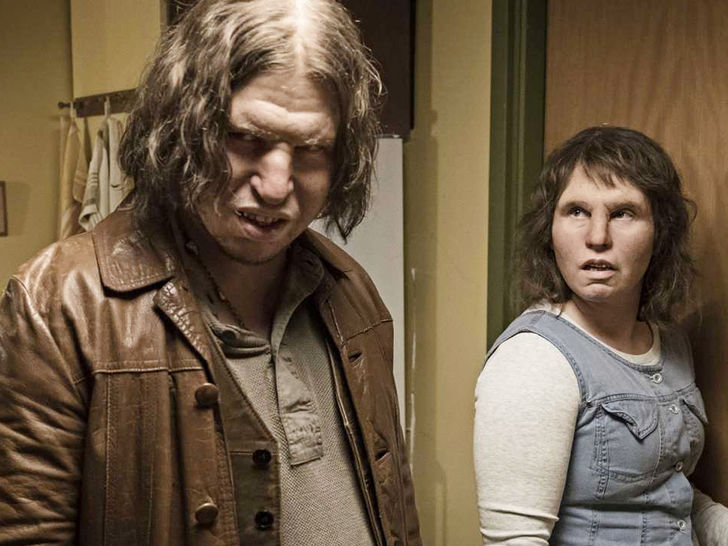
Nature is what we think of as pre-wiring, and genetic inheritance and other biological influences affect it. Nurture is usually taken as the impact on a person of external variables after conception, e.g., the result of exposure, life experiences, and learning.
Psychologists, social theorists... and filmmakers have long addressed the issue of evolution vs. nature.
Posted On December 17th, 2020
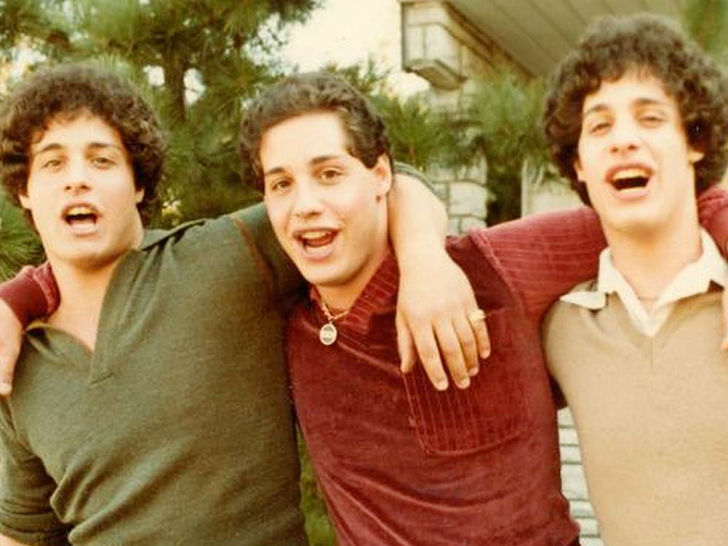
Three Identical Stranger
The documentary that says their tale is "Three Identical Strangers". Without giving away too much of what happens in the film, it turns out that as part of particular research exploring the age-old "Nature vs. Nurture" issue, the boys were purposely divided up, as were an undetermined number of additional similar siblings who were adopted from the same organisation in New York. I was at the world premiere of the documentary at the Sundance Film Festival in 2018, and as more and more discoveries were made in the film, it was fun to see the tone in the room shift.
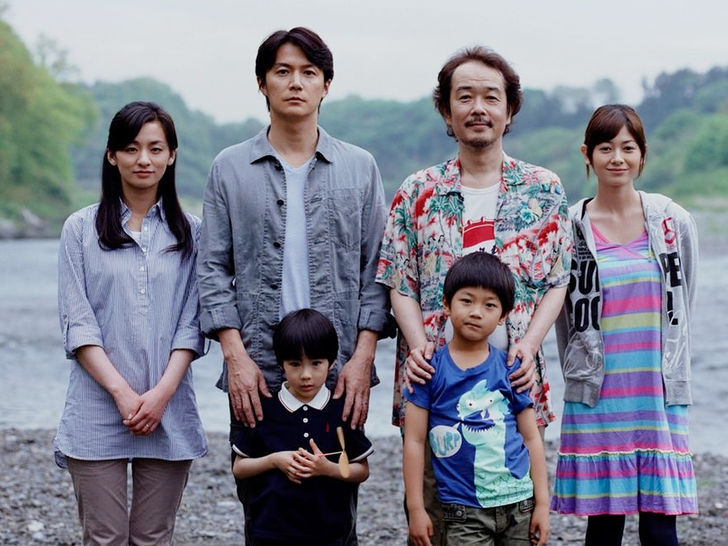
Like Father Like Son
In this intriguing award winner from the Japanese producer, Hirokazu Koreeda (After Life, Nobody Knows), two families learn that their sons have been transformed at birth, one rich and one lower class. Both families have been raising their sons, who have no blood relationships, for six years and treating them with respect, consideration, and family affection. When the horrible error is found, and the doctors at fault call the parents together to accept their mishap, they advise that most people just trade the kids as soon as possible to get on with their life in this situation. But is it too easy to turn your back immediately on a child that you have adopted as your own, simply because the child is not yours"? Like Father, Like Son is at its best on the subject of parental expectation and how tragic it can be while discussing the nature-versus-nurture debate in a surprising and profoundly moving way.
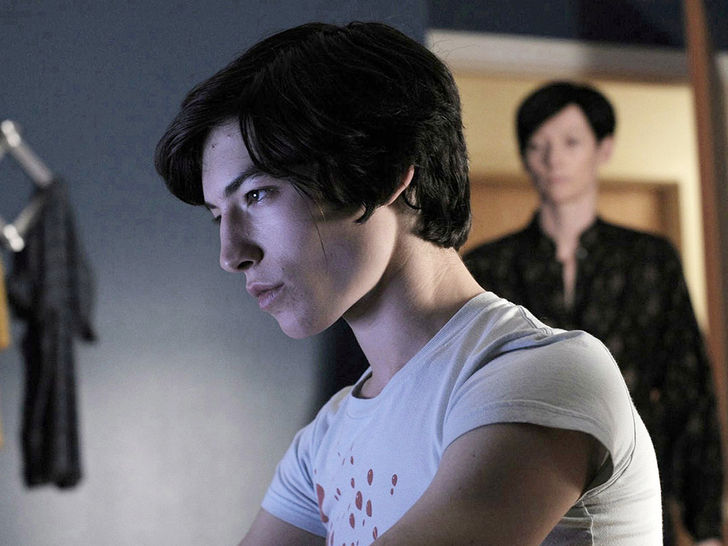
We Need To Talk About Kevin
Ramsay is a lot more compassionate to Eva than Eva is to herself. The director refuses to let her shoulder guilt even though she confronts us with Eva's self-flagellating memories. Eva may have been short of empathy, but Kevin is a human who is more emotionally troubled than all of the acts of his mother might possibly have produced by themselves. The film never tries to settle the controversy of nature/nurture about creating a monster out of a little child. Still, it shows a sociopath's prodigious intellect, blank isolation, and coercive ease that he exhibits even as a toddler. His only discernibly sincere feeling seems to be one of disdain for all those around him. "You don't look happy," Eva says to him before his 18th birthday during a prison visit. "Have I ever?" he replies incredulously.
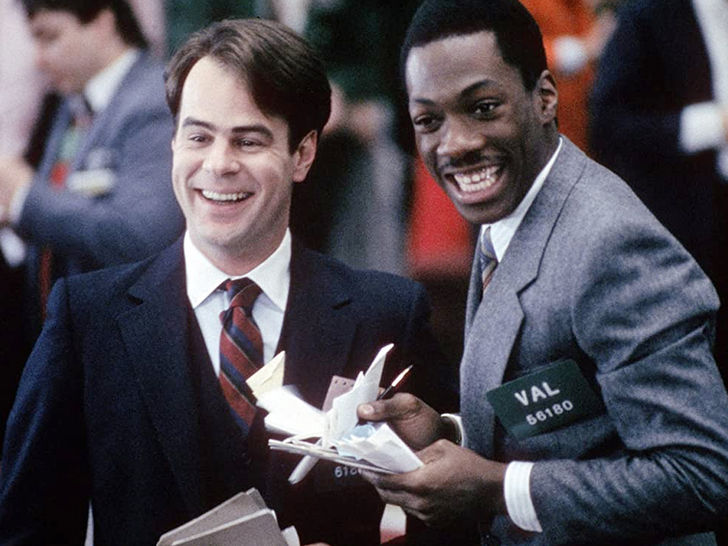
Trading Places
The diabolical capitalists Randolph and Mortimer Duke (Ralph Bellamy and Don Ameche) examine the nature/nurture debate on a whim (hilariously exposed in the denouement to be a one-dollar bet) in this cracking comedy smash from John Landis (which kind of sorta borrows several elements from Mark Twain's classic book, The Prince And The Pauper), by seeing if dodgy street hustler. Billy Ray Valentine (Eddie Murt) Billy Ray appears to blend remarkably well into the corporate world at first, adding his street smarts to the art of the deal, when Louis is all at sea. Still, ultimately, with a little support from the hooker-with-a-heart-of-gold of Jamie Lee Curtis, the upper crust wimp finds he has some crustiness of his own. Again somewhere (hilariously, in this case) in the centre, the solution to nature-versus-nurture seems to exist.
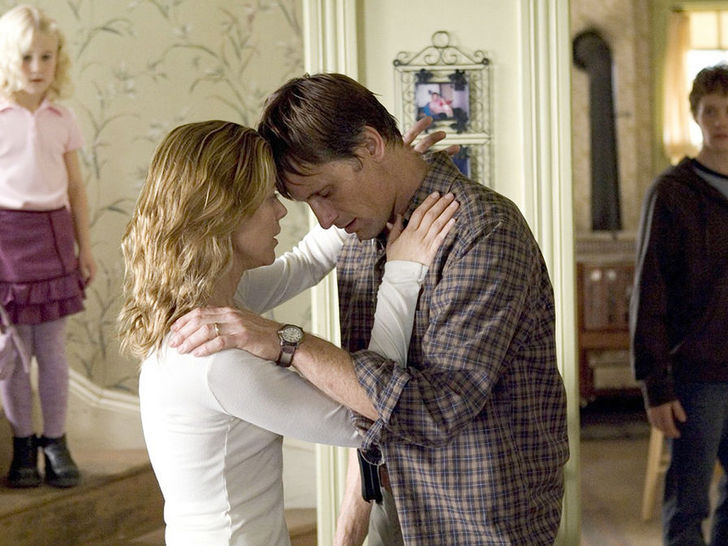
A History of Violence
This ersatz "superhero" story by David Cronenberg, based on a graphic novel, features a stellar performance by Viggo Mortensen as Tom Stall, a small town, good guy diner owner whose real identity is slowly exposed to his family with tragic and gruesome consequences. He's a killing machine mafia enforcer in hiding. Via the role of Tom's teenage son, Jack (Ashton Holmes), who is having a hard time at school because of some bullies, the nature vs. nurture aspect of this rich and sprawling story effectively and tellingly comes into action. Jack has a strange well of aggression and rage raging inside him, which finally bursts with bone-cracking intensity. He is raised in a warm, caring family with a father who supports the best ideals and treats all with compassion and dignity. Where did it derive from? When we read more about the remarkable hand-to-hand fighting facility of Tom Stall, it becomes apparent that an inclination for aggression may be inherent, and indeed transferred from father to son.
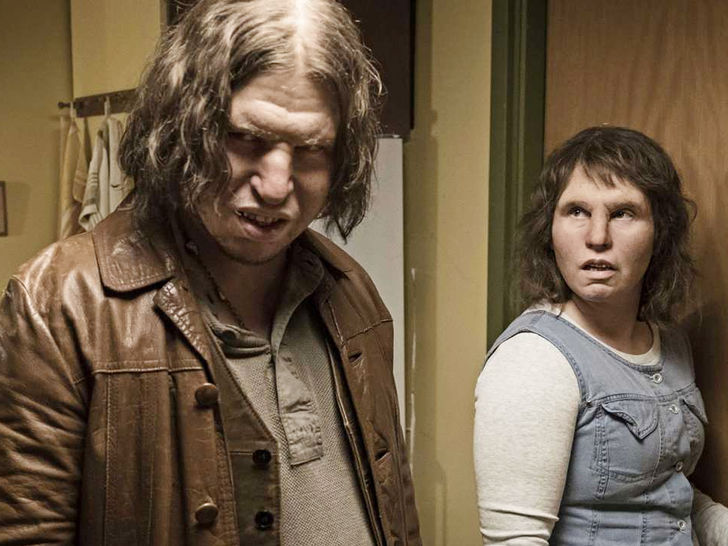
Border
Border is a dark and strange film that follows the life of a local ferry port customs officer, Tina. We know she's odd as soon as we see Tina. She, to say it gently, resembles a Neanderthal. But at her job, she's fine. Oh, very good. Her superhuman sense of scent makes her not effective at sniffing out arrivals—passengers who smuggle drugs, booze, or much worse. Tina lives with her disinterested husband, who shows his prize-winning dogs all his affections. And, conveniently, they live deep in woodland, miles from any possible prying eyes.

